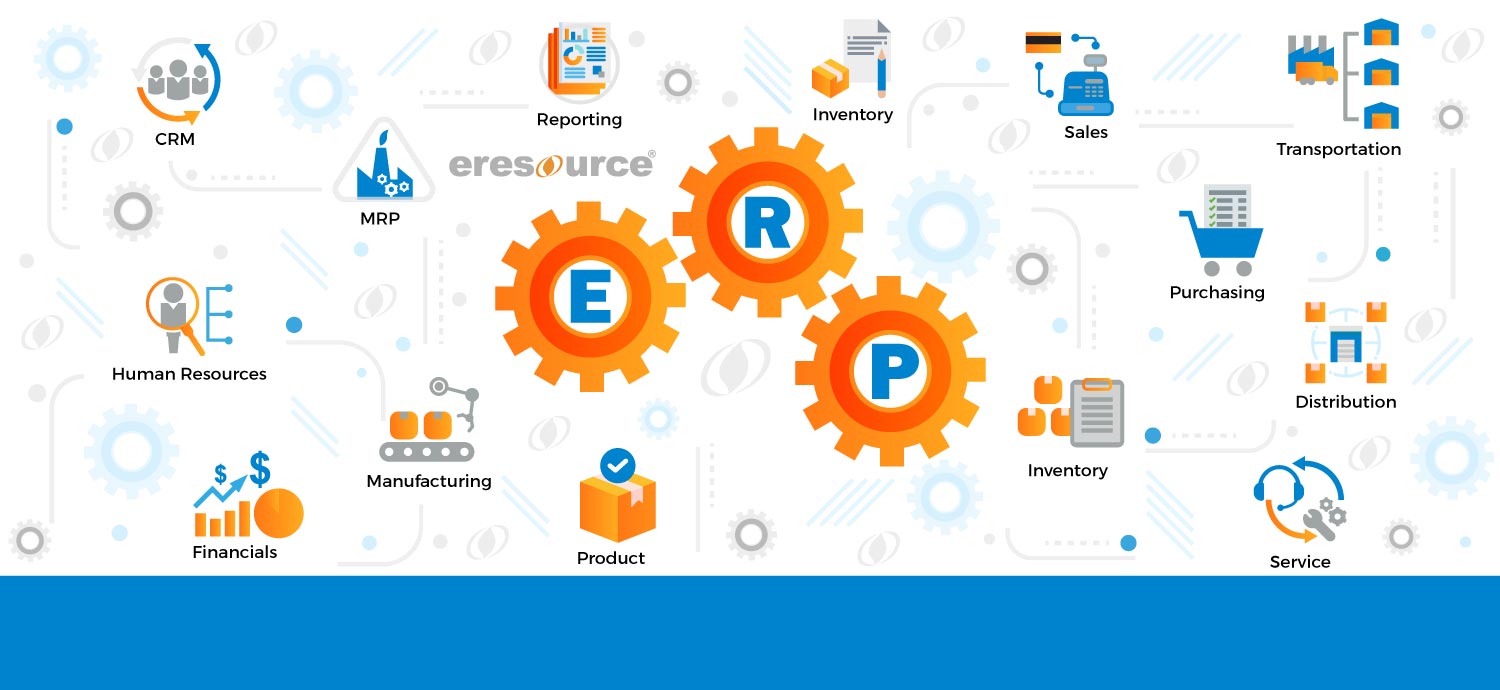In the fast-paced and complex world of construction, managing multiple projects, resources, and stakeholders efficiently is crucial for success. To tackle these challenges, the construction industry is increasingly turning to Enterprise Resource Planning (ERP) systems. An ERP System for construction industry provides a comprehensive and integrated solution that empowers companies to streamline their operations, enhance collaboration, and make informed decisions. In this article, we will explore the key benefits, features, and considerations of implementing an ERP system tailored specifically for the construction industry.
1: Understanding Construction ERP Systems
Definition and purpose of ERP systems
Key components and modules of a construction ERP system
Integration of financial, project management, procurement, and HR functionalities
Role of ERP in aligning different departments and stakeholders
2: Benefits of Construction ERP Systems
Improved project management: Streamlining scheduling, resource allocation, and progress tracking
Enhanced collaboration: Facilitating real-time communication and information sharing among team members and stakeholders
Better financial management: Automating billing, invoicing, and budgeting processes, reducing errors and improving cash flow
Effective procurement and inventory management: Optimizing supply chain processes, tracking materials, and controlling costs
Accurate reporting and analytics: Generating real-time insights on project performance, financials, and key metrics
Regulatory compliance: Ensuring adherence to industry-specific regulations and standards
Read more here!
3: Key Features of Construction ERP Systems
Project management: Gantt charts, resource allocation, document management, and change order tracking
Estimating and bidding: Accurate cost estimation, bid creation, and tracking the bidding process
Subcontractor management: Contract management, payment processing, and performance evaluation
Equipment management: Tracking equipment usage, maintenance, and repair scheduling
Mobile functionality: Enabling field personnel to access and update project data on-the-go
Document management: Storing and organizing project-related documents, drawings, and specifications
4: Considerations for Implementing Construction ERP Systems
Defining requirements and evaluating software providers
Scalability and flexibility to accommodate future growth and changing needs
Integration capabilities with existing systems and software
User-friendliness and training requirements for employees
Data security and backup measures
Ongoing support and updates from the ERP vendor
Conclusion
As the construction industry becomes more complex and competitive, implementing an ERP system tailored for construction can provide significant advantages. By integrating various functionalities, improving collaboration, and providing real-time insights, construction ERP systems enable companies to streamline operations, reduce costs, and deliver projects on time and within budget. However, careful planning, evaluation, and implementation are necessary to ensure a successful ERP deployment that aligns with the specific needs and goals of the construction organization.
Also Read – Best ERP Software for Manufacturing in India
Categories
Register for Free Demo!
Recent Post
-

eresource ERP 360 - an
11th Apr 2019 -

A competitive ERP system for
17th Apr 2019 -

Auto components manufacturing industry has
17th Apr 2019 -

Make the best use of
17th Apr 2019






